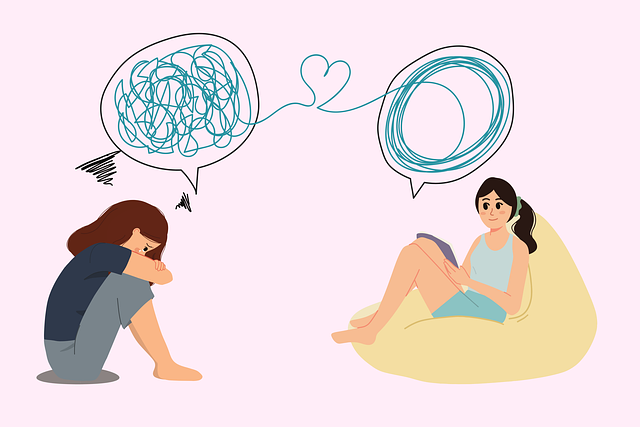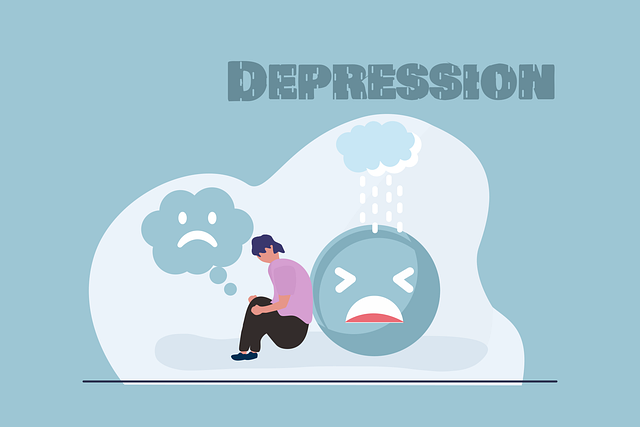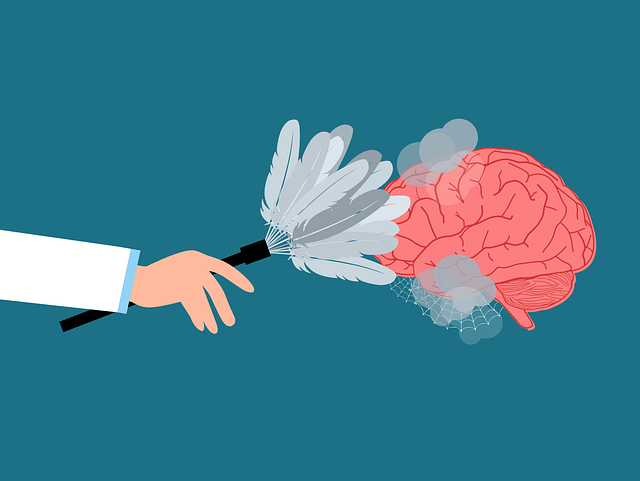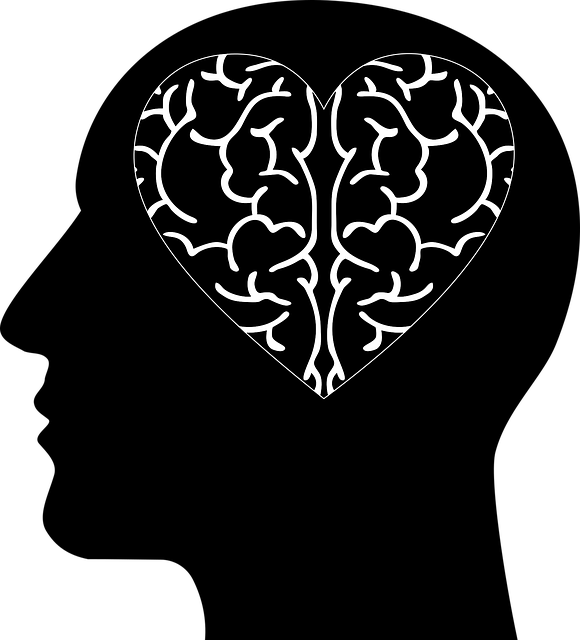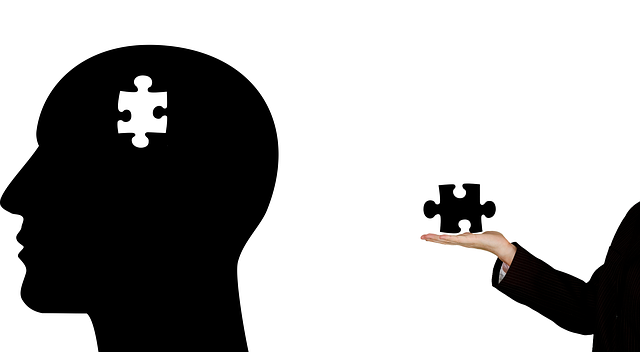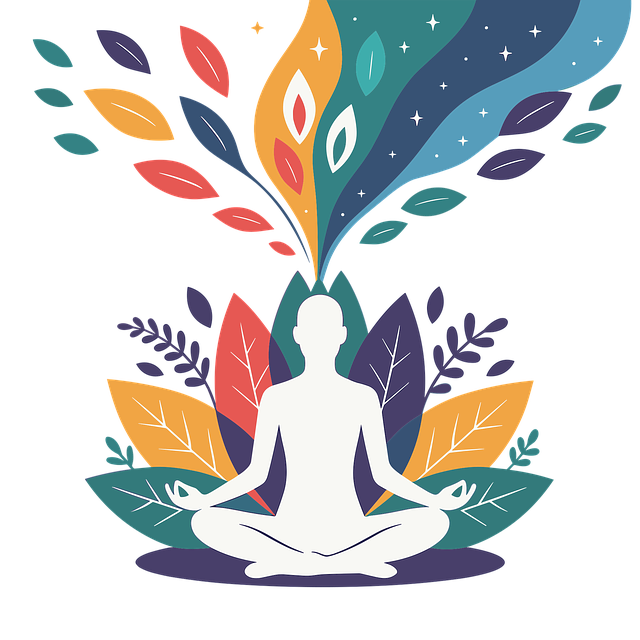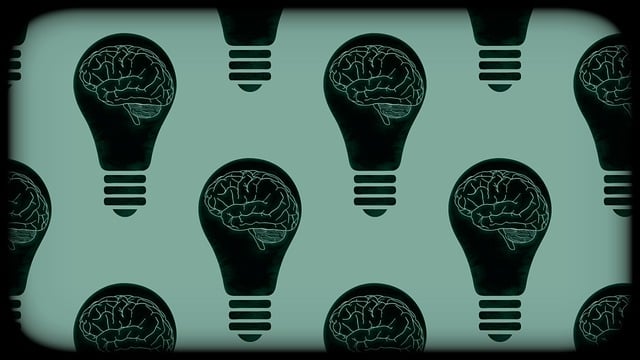Anxiety disorders significantly impact daily life but can be managed through holistic approaches like those offered by Castle Rock Trauma Therapy. Recognizing triggers and symptoms is key, with CBT as an evidence-based treatment to challenge negative thought patterns. Mindfulness and relaxation techniques calm minds, while lifestyle changes such as diet, exercise, and sleep regulate mood and reduce stress. Combining therapy with these practices provides a comprehensive strategy for overcoming anxiety, improving overall well-being.
Anxiety is a common challenge, but managing it effectively can lead to a more fulfilling life. This guide explores evidence-based techniques rooted in Castle Rock trauma therapy principles. From understanding anxiety’s triggers and symptoms to powerful tools like Cognitive Behavioral Therapy (CBT), mindfulness practices for mental calmness, and lifestyle changes focusing on nutrition, exercise, and sleep—each section offers practical strategies for conquering anxiety.
- Understanding Anxiety: Identifying Triggers and Symptoms
- Cognitive Behavioral Therapy (CBT): A Powerful Tool for Managing Anxiety
- Mindfulness and Relaxation Techniques to Calm the Mind
- Lifestyle Changes: Nutrition, Exercise, and Sleep for Anxiety Relief
Understanding Anxiety: Identifying Triggers and Symptoms

Anxiety is a normal human response to stress, but when it becomes overwhelming and persistent, it can disrupt daily life. Understanding anxiety involves recognizing its triggers and symptoms. Triggers can range from specific situations like public speaking or crowded places to more abstract stressors like financial worries or relationship conflicts. Symptoms manifest physically (e.g., increased heart rate, sweating, trembling) and mentally (e.g., excessive worry, restlessness, difficulty concentrating). Recognizing these triggers and symptoms is the first step in managing anxiety effectively.
Castle Rock Trauma Therapy emphasizes a holistic approach to addressing anxiety. Therapists work with individuals to identify their unique triggers and develop personalized coping strategies. Techniques like mindfulness meditation and positive thinking can be powerful tools in managing anxiety. Through exploration and practice, individuals learn to respond to triggers with clarity rather than reacting impulsively. Additionally, Mental Illness Stigma Reduction Efforts play a vital role in fostering understanding and creating supportive environments for those struggling with anxiety.
Cognitive Behavioral Therapy (CBT): A Powerful Tool for Managing Anxiety

Cognitive Behavioral Therapy (CBT) is a highly effective approach to managing anxiety disorders, offering individuals a powerful tool to challenge and change negative thought patterns and behaviors. This evidence-based therapy has proven successful in treating a range of anxiety-related conditions, from social anxiety to panic disorders. At Castle Rock Trauma Therapy, CBT focuses on identifying distorted thinking and replacing it with more realistic, positive thoughts, thereby reducing the intensity of anxious feelings.
By learning effective communication strategies and stress reduction methods, clients gain valuable tools to manage their anxiety in the long term. CBT encourages individuals to become active participants in their own therapy, teaching them to recognize triggers, monitor their emotions, and develop healthy coping mechanisms. Through structured sessions, patients can effectively navigate and overcome the challenges posed by anxiety disorders, leading to improved overall well-being.
Mindfulness and Relaxation Techniques to Calm the Mind

Mindfulness and relaxation techniques are powerful tools to calm the mind and manage anxiety. By focusing on the present moment and cultivating a sense of inner peace, individuals can disrupt anxious thoughts and feelings. Practices such as deep breathing exercises, progressive muscle relaxation, and guided imagery help to slow down racing thoughts and reduce physical tension associated with stress. These mindfulness techniques, often taught by Castle Rock Trauma Therapy professionals, encourage individuals to observe their thoughts without judgment, fostering a deeper sense of self-awareness.
Incorporating Mind Over Matter principles into daily routines can significantly impact one’s ability to manage anxiety effectively. Self-care practices, such as meditation or yoga, allow individuals to connect with their inner selves and cultivate emotional healing processes. By dedicating time for relaxation and mindfulness, people can enhance their overall well-being and develop a stronger sense of resilience against anxious episodes.
Lifestyle Changes: Nutrition, Exercise, and Sleep for Anxiety Relief

Anxiety management often goes beyond therapy sessions, and making lifestyle changes can significantly impact overall well-being. Nutrition plays a pivotal role; incorporating anti-anxiety foods rich in omega-3 fatty acids, magnesium, and vitamins B and D can help regulate mood and reduce stress levels. Foods like leafy greens, nuts, seeds, and fatty fish are excellent choices for managing anxiety naturally.
Regular exercise is another powerful tool. Engaging in activities that promote relaxation, such as yoga or deep breathing exercises, can effectively lower anxiety. Moreover, ensuring adequate sleep is crucial; maintaining a consistent sleep schedule aligns with the body’s natural rhythm, which, when disrupted, can exacerbate anxiety symptoms. Combining these lifestyle practices—Mind Over Matter principles in action—with evidence-based Castle Rock Trauma Therapy techniques, like Conflict Resolution Strategies and Empathy Building Strategies, offers a holistic approach to conquering anxiety.
Anxiety management is a multifaceted journey, and by combining therapeutic approaches like Cognitive Behavioral Therapy (CBT) with mindfulness practices and lifestyle adjustments, individuals can effectively navigate their anxiety. Recognizing triggers, understanding symptoms, and adopting healthy habits are powerful tools offered by Castle Rock Trauma Therapy to empower one’s mental well-being. This comprehensive strategy allows for a more balanced life, where worries and fears no longer dominate but instead become manageable aspects of the individual’s unique tapestry of health.
